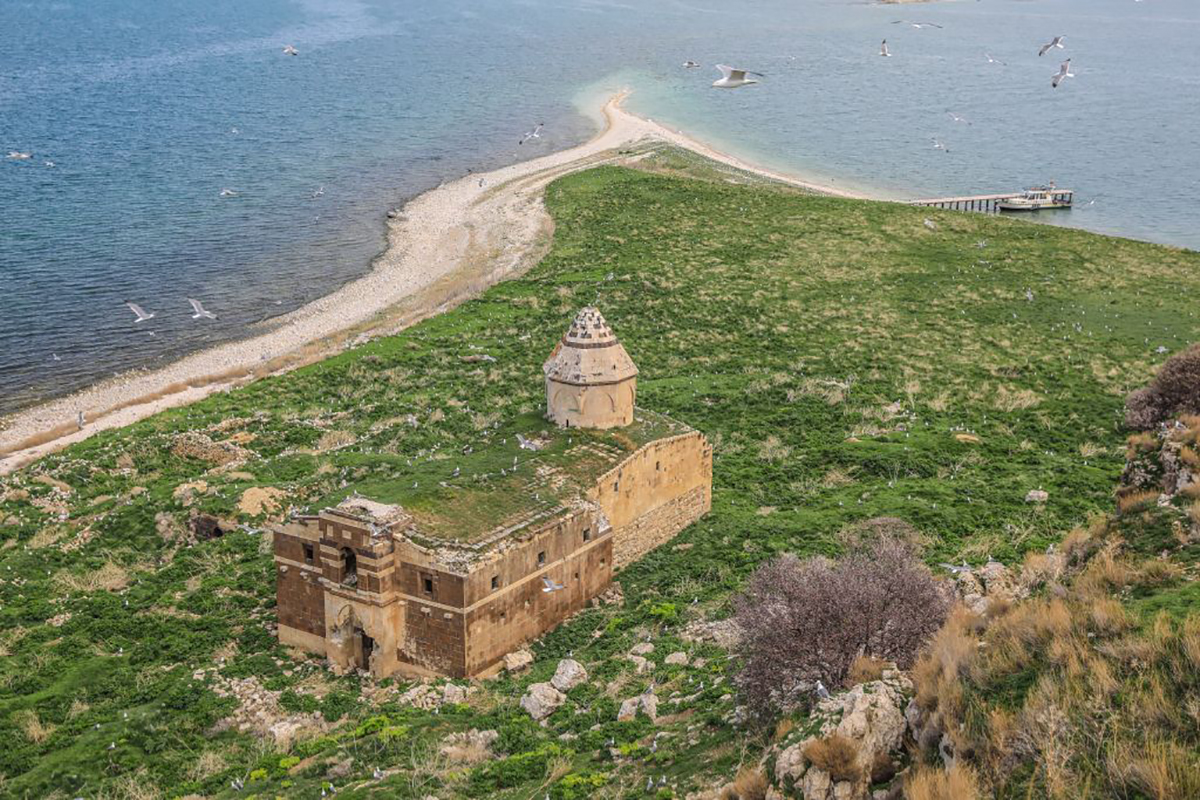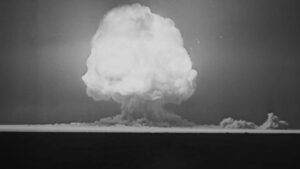“Lost Treasures Beneath the Waves: What Secrets Lurk in Turkey’s Enigmatic Ancient Lake?”

Interestingly enough, according to the Byzantine historian, Procopius, the sky was filled with ash for over a year after the volcano had erupted. Even in places as far away as the Byzantine Empire.
Procopius writes, “The sun gave forth its light without brightness, and it seemed exceedingly like the sun in eclipse, for the beams it shed were not clear.” After analyzing the eruption using modern science, the volcano is considered to be one of the most severe and destructive volcanoes in all of history.















